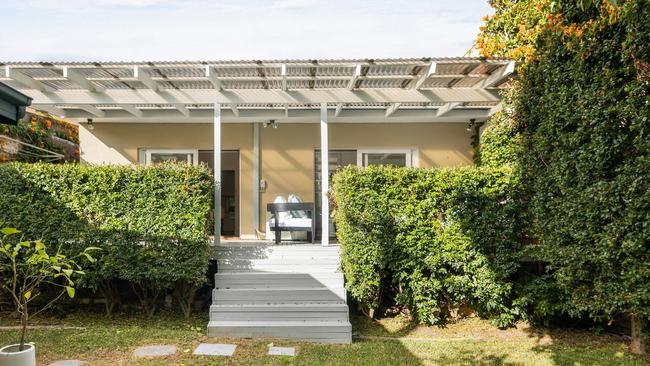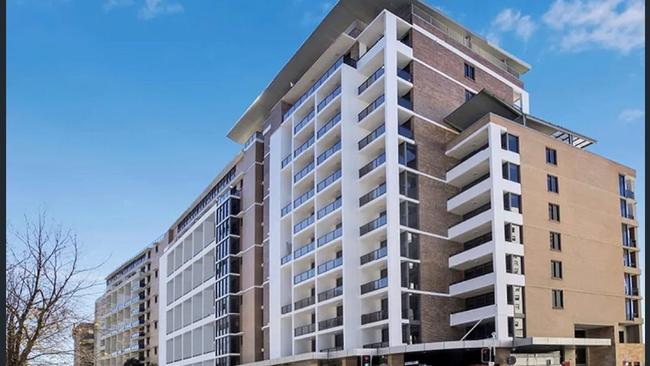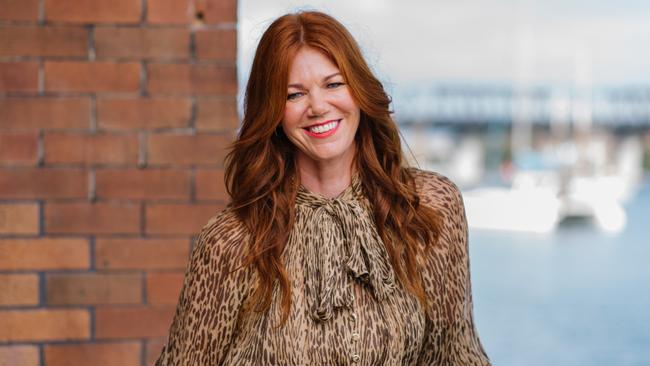43k homes lost: suburbs investors are fleeing
Challenging market conditions have spurred an exodus of investor landlords in many areas, with horror implications for renters.

Property
Don't miss out on the headlines from Property. Followed categories will be added to My News.
Panicked landlords have been dumping their investments en masse after battling higher mortgage payments, with over 40,000 NSW rental homes turned into private housing over the last year.
Exclusive SuburbTrends data showed the investor exodus was particularly severe in some of the cutthroat inner Sydney suburbs where new supply was needed most.
This included popular areas for students and young professionals such as Camperdown and Annandale, where ex-rentals accounted for over 40 per cent of the homes sold over the year.
There was a similar trend in nearby Redfern, Newtown and Enmore, where more than 35 per cent of annual sales were ex-rentals.
These sales coincided with a rise in other landlord strategies designed to offset the cost of higher rates, which have further bled the market of rentals.

This included landlords turning long-term listings into holiday accommodation, with separate data revealing short-term listings outnumbered long-term listings at the end of 2023.
Housing experts warned the loss of critical rental stock was putting additional strain on the rental market at a time of chronic housing shortages and soaring population growth.
MORE: ‘Dumb’ way investor turned $40k into fortune
Rents have already climbed nearly 40 per cent in the last two years and a further loss of stock is expected to fuel more rises.
“We need the rental pool to be expanding, not getting smaller,” said SuburbTrends analyst Kent Lardner said.
Skyrocketing mortgage costs were the main driver of the landlord exodus in many markets, with the cost of higher interest rates exceeding rental increases, Mr Lardner added.
Those who bought three to four years ago expecting rates to stay at record lows were particularly vulnerable, he said, noting that many bought at the limit of their borrowing power using small deposits.
MORE: Hidden auction trap makes bidders pay five times more
“(Selling) is a survival strategy,” he said. “It comes down to cost of living pressures. Negative gearing makes sense if your investments are profitable but it becomes a lot less attractive when you’re digging deep into your own pocket each month.”
Mr Lardner said it was doubtful this many investors would sell if rates weren’t as high.
“Most investors try to avoid selling (after only a few years) because the entry and exit costs of transacting property are so high, but selling becomes a huge relief when you’re struggling or in arrears.”
SuburbTrends data showed the suburbs with the biggest loss of rentals in numerical terms tended to be high density markets.
Liverpool and Wentworthville each lost 650-plus rentals over the year, but the sales were a smaller proportion of the total rent stock locally than ex-rental sales in some inner suburbs.
About 600 Parramatta homes were turned into owner occupied housing, or 33 per cent of all the sales in the suburb annually.

PropTrack economist Anne Flaherty said more owner occupiers getting houses was a positive for buyers but the loss of rental stock hurt vulnerable tenants.
“It’s a tricky,” she said. “We need more first-home buyers to get into the market but ideally it wouldn’t be at the expense of renters.”
Recent price rises may have encouraged some investors, especially those who were struggling with repayments, to sell, Ms Flaherty added.
“Prices have been skyrocketing in some areas so there are a lot of investors who have seen significant growth on their properties,” she said.
Mr Flaherty said investor sales have largely outnumbered new investor purchases in most months since the onset of Covid four years ago, with investment activity only recently picking up again.
But new investors were seldom buying in the same markets where previous rental stock had been lost, she said.

Western Australia was the biggest recipient of the increased investor activity over the last year, with new loan commencements to investors increasing 52 per cent, according to the ABS.
“Demand to invest in WA and SA has been strong for several years because the capital growth prospects in those markets are very good and the yields are higher than in other markets,” Ms Flaherty said.
Tenants advocate Sarah Elkordi of The Rent Fairy said landlords selling exerted an “emotional toll” on tenants that extended well beyond less choice of housing.
“The tenant has to allow access to all these people who want to look at the property. That can be exhausting,” she said, adding that many of these tenants would already have seen massive rent rises.

“A common red flag that the landlord will sell is when they put up the rent but don’t want to renew the lease,” Ms Elkordi said. “Typically the landlord will try to put up the rent as much as they can to cover the costs coming out of their pocket, but after that they begin looking at the price they would get if they sell.”
Buyer’s agent Michelle May said Sydney’s inflated home prices made it difficult for investors to get good returns. She said: “It’s true that rents have gone up a lot but, because mortgages repayments are higher, the returns in Sydney are still not high in most areas.”




